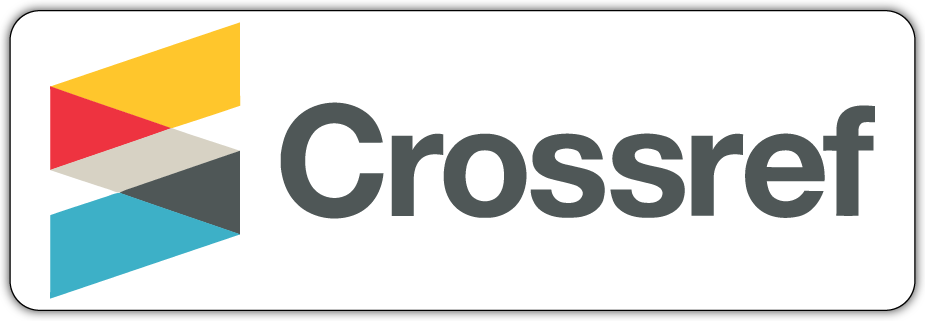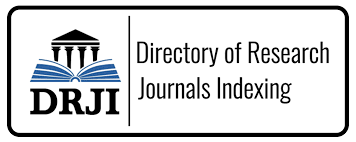Dilemma of Legal Transplantation in CCS Regulations: Between Harmonization and Adaptation to Local Context
DOI:
https://doi.org/10.19184/jkph.v4i2.51726Abstract
Climate change necessitates innovative solutions like Carbon Capture and Storage (CCS) to reduce CO2 emissions. CCS involves capturing and storing CO2 in underground geological formations. Implementing CCS in Indonesia requires a comprehensive regulatory framework addressing technical standards, permits, monitoring, and financing, while also considering environmental and social risks. This research analyzes the dilemma of "legal transplantation" in Indonesian CCS regulations, balancing harmonization with international standards and adaptation to local contexts. Legal transplantation involves adopting legal rules from one jurisdiction to another. In this context, it might involve incorporating international best practices into Indonesian law. This raises questions about reconciling foreign legal elements with existing Indonesian legal frameworks and the country's unique context. This research employs normative legal methods with a qualitative approach. Data was gathered through literature reviews, comparative analysis, case studies, and comprehensive interviews. This study examines the impact of legal transplantation on developing CCS regulations in Indonesia, analyzing the challenges and opportunities in adapting regulations from other countries. It explores achieving a balance between global harmonization and local adaptation. Utilizing normative legal research methods with a qualitative approach, this research aims to contribute to developing effective and sustainable CCS regulations in Indonesia. With a suitable regulatory framework, CCS can be a crucial tool in mitigating climate change.
Downloads
Downloads
Published
Issue
Section
License
Copyright (c) 2024 Jurnal Kajian Pembaruan Hukum

This work is licensed under a Creative Commons Attribution-ShareAlike 4.0 International License.













